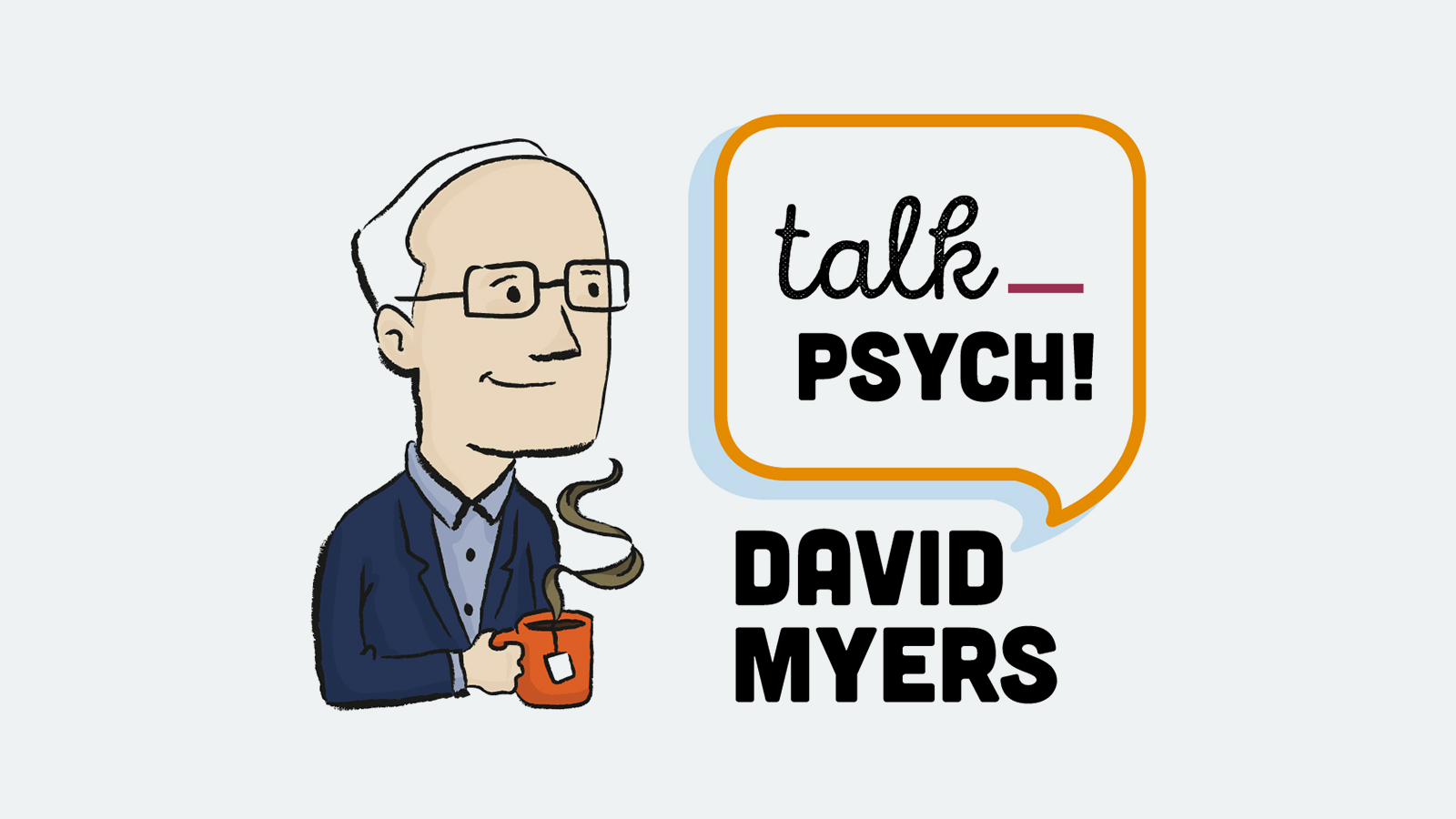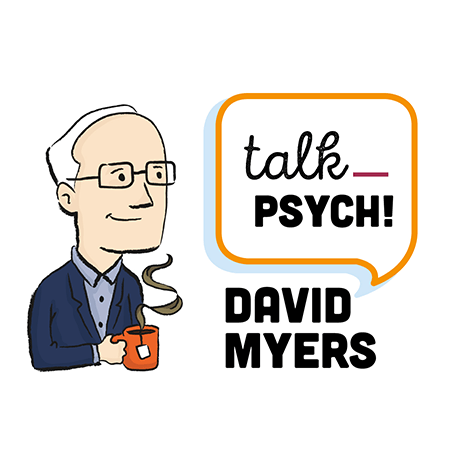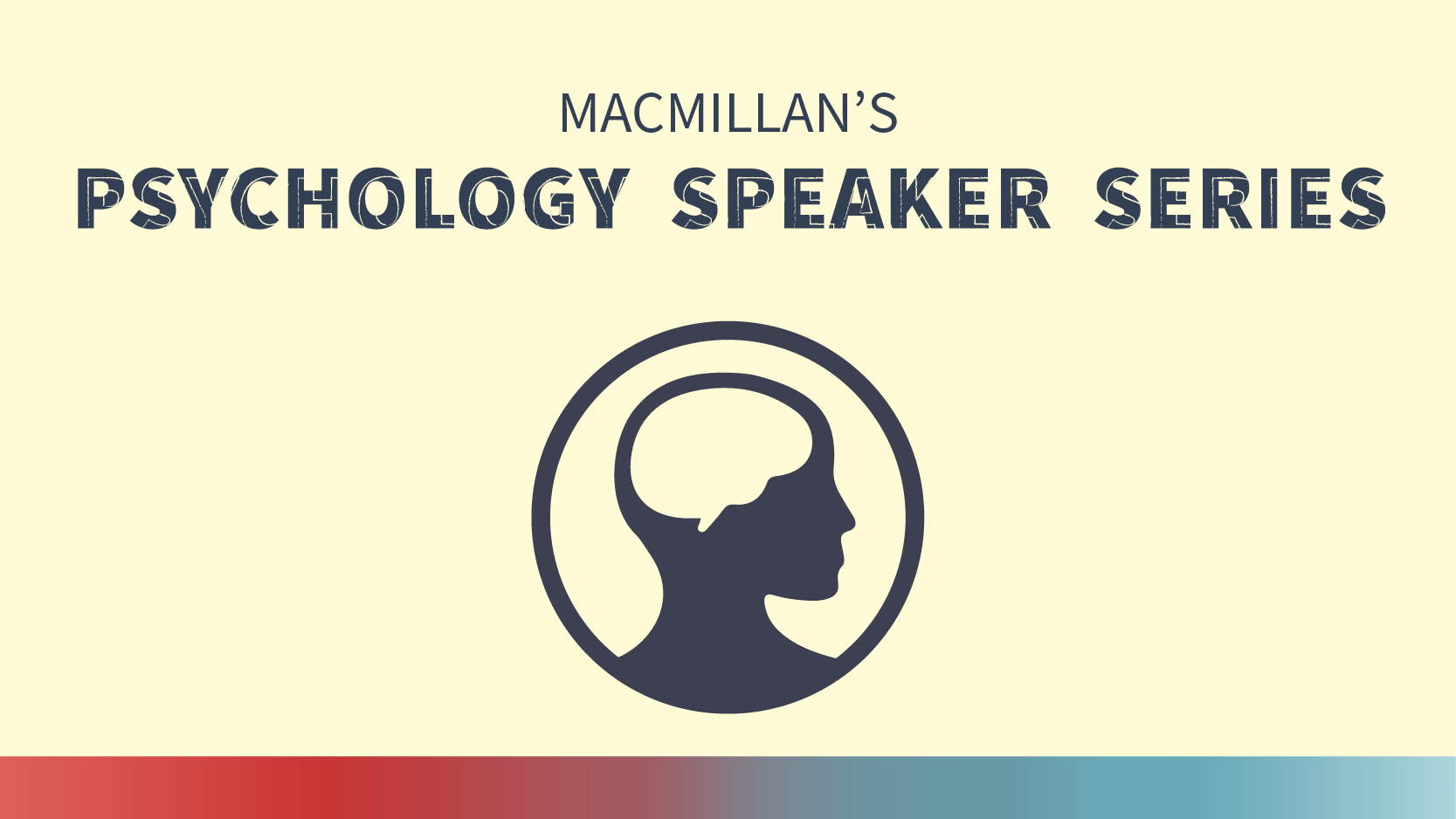-
About
Our Story
back- Our Mission
- Our Leadershio
- Accessibility
- Careers
- Diversity, Equity, Inclusion
- Learning Science
- Sustainability
Our Solutions
back
-
Community
Community
back- Newsroom
- Webinars on Demand
- Digital Community
- The Institute at Macmillan Learning
- English Community
- Psychology Community
- History Community
- Communication Community
- College Success Community
- Economics Community
- Institutional Solutions Community
- Nutrition Community
- Lab Solutions Community
- STEM Community
- Newsroom
- Webinars on Demand
- Digital Community
- The Institute at Macmillan Learning
- English Community
- Psychology Community
- History Community
- Communication Community
- College Success Community
- Economics Community
- Institutional Solutions Community
- Nutrition Community
- Lab Solutions Community
- STEM Community
- Newsroom
- Webinars on Demand
- Digital Community
- The Institute at Macmillan Learning
- English Community
- Psychology Community
- History Community
- Communication Community
- College Success Community
- Economics Community
- Institutional Solutions Community
- Nutrition Community
- Lab Solutions Community
- STEM Community
- Newsroom
- Webinars on Demand
- Digital Community
- The Institute at Macmillan Learning
- English Community
- Psychology Community
- History Community
- Communication Community
- College Success Community
- Economics Community
- Institutional Solutions Community
- Nutrition Community
- Lab Solutions Community
- STEM Community
- Newsroom
- Macmillan Community
- :
- Psychology Community
- :
- Psychology Blog
Psychology Blog
Options
- Mark all as New
- Mark all as Read
- Float this item to the top
- Subscribe
- Bookmark
- Subscribe to RSS Feed
Psychology Blog
Showing articles with label Achievement.
Show all articles
Expert
09-10-2023
08:29 AM
In eight days, I officially retire from Highline College, where I’ve taught since 2001. For a number of months, I’ve been saying that I’m pre-semi-retired. It occurred to, however, that that’s hogwash. I’m actually differently employed. More on that in a bit. Since I announced to my colleagues that I was going to retire in fall 2023, I’ve had several people ask me about whether I had concerns about losing my professional identity. No, I don’t. In fact, I have so few concerns about it that it never occurred to me that I might no longer see myself as a professor. Years ago, my wife and I were watching some sort of sporting event. One of the broadcast analysts was once a coach, and everyone kept calling them “coach.” My wife said something like, “Oh! ‘Coach’ is an honorific. Once a coach, always ‘coach.’” Now that I’m close to no longer being a full-time professor, “professor” feels the same to me as “coach.” And, really, they’re pretty similar professions. There are other reasons that I don’t see me shedding my professor identity. For example, I can teach a class as an adjunct if I’d like. It’s hard to not see myself as a professor if I am professing to a class of students. Also in my professorial role, I am writing textbooks. I have an Intro Psych textbook on the market now and a Social Psych textbook will be published in the next year. Textbook writing feels a lot like teaching; I curate psychological science and explain it to students. As everyone who has been teaching for a while can attest, students comprise just one part of our teaching role. We also ‘teach’ colleagues. The ‘lessons’ commonly start with a colleague saying, “Hey, do you have a minute? I’d like some advice on…” I’m still doing that. While I don’t get as many questions as I did when I was full-time, I get the occasional text or have such a conversation at a conference. These blog posts are just another form of that. More generally, there are plenty of things I’m doing to maintain my happiness as I slide into the next chapter of my life. For all of my colleagues in the professoriate who are considering retiring or who have made the leap, let’s use the PERMA model of subjective well-being (Seligman, 2018) to see how things might go. P is for positive emotions One of the joys of retirement is that we get to choose to get involved in projects that are fun without having to suffer through job responsibilities that are, well, insufferable. Teaching a class as an adjunct? Fun! Chairing a search committee? Not fun! We know all of the things we should do to manage stress: eat well, exercise, sleep. With retirement we may find that we have even more time to do those things. My wife and I have more time to plan, shop for, and make meals. We have a basic home gym (dumb bells and a rowing machine), and we block out time on the calendar to use it. And sleep—I go to bed when I want (early!), and I get up when I want (early!). E is for engagement Flow. Let’s completely lose ourselves in the activities we enjoy. Writing frequently does that for me. Not always, but frequently. Most of my friends have hobbies that engage them. After retiring, they have more time to do the activities they love. R is for relationships The loss of work relationships is a real concern for most everyone who is considering retirement. That was one of the many lessons of COVID. Those of us who were sent home to work learned what it was like to no longer have hallway conversations. I know I couldn’t have told you how important those conversations were until they were gone. There are some Highline College colleagues that I occasionally exchange texts and emails with. My professional circle is much greater that, though. My wife refers to all of my non-Highline psychology colleagues in the collective as the “psychosphere.” Because I never saw them (you!) in the hallways of my college, I don’t feel like I’ve lost them (you!). As some work relationships fade with time, retirement gives us the opportunity to build new ones. I wrote a few weeks ago about how becoming a regular someplace can provide important relationships (Frantz, 2023). Online forums can provide similar opportunities. The Society for the Teaching of Psychology (STP) recently launched affinity groups that give STP members with shared identities or experiences the opportunity to meet and discuss important and not-so-important topics in an online forum. Conferences were another place where we were able to connect—confer—with colleagues. I’ll confess that well before I retired my primary purpose for attending conferences was to meet with my friends and make new friends. In SPQR: A History of Ancient Rome, the author and Roman historian Mary Beard tells us that Polybius (200 BCE – 118 BCE) supposedly advised a young man, “Never come back from the Forum…until you have made at least one new friend” (Beard, 2016, p. 184). If we are not yet friends and you see me at a conference, please say hi. Remember that I’m following Polybius’s advice. After every conference trip, I need to have made at least one new friend. Attending conferences is more challenging as a retiree because your institutional travel support is gone. This is less of an adjustment for those who were at institutions that didn’t provide much or any travel support to begin with. Who knew that there’d be a plus side to that? If you have money budgeted for travel, consider building a vacation around a conference. NEPA/NECTOP are in Worcester, MA in early October 2023. My wife and I will be coming in a few days early and leaving a few days after so we can spend some time touring New England. Or, if you’re lucky, a conference may be held near your city. Here are some conferences worth considering. Some even have reduced registration rates for retirees. For example, STP’s ACT early bird registration for retirees (and adjuncts and high school teachers) is $35 less than the regular rate: NEPA/NECTOP (Oct 2023). Worcester, MA STP’s ACT (Oct 2023). Portland, OR NITOP (Jan 2024). Bonita Springs, FL EPA (Feb/Mar 2024). Philadelphia, PA SWPA (Mar 2024). San Antonio, TX RMPA (Apr 2024). Denver, CO SEPA (Apr 2024). Orlando, FL MPA (Apr 2024). Chicago, IL WPA (Apr 2024). San Francisco, CA Teaching Intro Psych (TIPNorthwest) (Apr 2024 – probably). Seattle, WA APS (May 2024). San Francisco, CA PsychOne (Jun 2024). Durham, NC APA (Aug 2024). Seattle, WA M is for meaning This may be the one that people contemplating retirement fear losing the most. The fear is not unwarranted. It’s not uncommon for recent retirees to struggle with finding meaning in their lives when for so long work provided so much of that meaning. These days, I get a lot of my meaning from writing. In addition to textbooks (including the Teaching Psychology book I have with Doug Bernstein and Steve Chew, I also have this blog and my Technology for Academics blog. I recently spoke with a publisher who was looking for someone to write a “how to teach Intro Psych” manual of sorts. While it’s not a project I can take on, it was a good reminder to let you know that if you’re interested in any kind of writing for publishers, let your book reps know. They’ll pass your contact information along to their editorial team. Lots of publishers are looking for people to create textbook supplements. Someone has to create the slide decks, instructor resource manuals, and test banks. It might as well be you. While writing a book is a significant commitment, a blog can be written on your own timeline. Here are some tips on getting started with blogs. Or maybe podcasts are more your thing. If you want to try out podcasting and you have an idea for a series, ask the good people at Psych Sessions (info@psychsessions.org) if they’d be interested in you being a series host. For example, a “where are they now?” series could be fun. You could have 30-minute conversations with teaching of psychology luminaries who have retired. What are they doing now? Or maybe you’d like to work one-on-one with someone who is new to teaching psychology. The Society for the Teaching of Psychology has a mentoring program where seasoned/experienced/veteran (you choose your adjective) faculty are paired with early career faculty or advanced graduate students. It’s a terrific opportunity to share your expertise. I also highly recommend getting involved in your professional associations. The Society for the Teaching of Psychology has a boatload of service opportunities—diversity and international, membership, resources, programming, awards. STP has something for everyone. You can always find current openings on the Get Involved page. A is for accomplishment Don’t underestimate the power of achieving goals. If you are about to retire or have recently retired, take some time to reflect on what you’ve accomplished (so far!) in your career. Now’s a good time to review your CV. What were your favorite classes to teach? Who are your most memorable students? What was your most satisfying research line? Who did you learn the most from? Who do you think learned the most from you? (Also, these are great questions for the guests on your “where are they now?” podcast series!) Now, what are your next set of goals? It’s time for a new chapter! References Beard, M. (2016). SPQR: A history of ancient Rome. Profile Books. Frantz, S. (2023, August 21). Decreasing loneliness through weak ties: A survey example. Macmillan and BFW Teaching Community. https://community.macmillanlearning.com/t5/psychology-blog/decreasing-loneliness-through-weak-ties-a-survey-example/ba-p/19251 Seligman, M. (2018). PERMA and the building blocks of well-being. Journal of Positive Psychology, 13(4), 333–335. https://doi.org/10.1080/17439760.2018.1437466
... View more
Labels
2
0
3,371
Expert
02-06-2022
09:05 AM
Many of our Intro Psych students are headed into careers in law, engineering, computer science, business, sports, or healthcare. In those careers (and others!), they are likely to work with psychologists. Or, perhaps, they will encounter a situation in their work where consulting a psychologist would be beneficial. The American Psychological Association has produced five videos to date where panels of psychologists working in law, human factors, industrial-organizational psychology, sports psychology, and occupational health discuss their work. If you have students interested in these fields, please direct them to these recordings. If you would like to offer watching one of more of these an assignment, included are a couple questions students could answer. Careers in Applied Psychology: Law and Psychology (46 minutes): Panelists: Margaret Bull Kovera, John Jay College of Criminal Justice, CUNY: Overview of field Jemour Maddux, managing director of Lamb + Madduz, LLC: “Role in forensic value of harm, risk, and abilities in family, civil, sentencing, and police cases” Natalie Anumba, University of Massachusetts Medical School: “Faculty role as a clinical forensic psychologist in a public psychiatric hospital” Jason A. Cantone, senior research attorney at the Federal Judicial Center: “Role in judicial processes, legal decision making, and judicial education” Apryl Alexander, University of Denver: “Faculty role as a clinical forensic psychologist working in juvenile justice” Jason Lawrence, staff psychologist/certified forensic examiner with Missouri Department of Mental Health: “Role as a forensic examiner in the Center for Behavioral Medicine” Dennis Stolle, past president and senior consultant with ThemeVision and capital partner with Barnes and Thornburg, and APA senior director of Applied Psychology: “Role in trial strategy and jury consulting services in high-stakes litigation. Questions: Summarize the types of work psychologists do in psychology and law as described by Margaret Kovera. After listening to the panelists describe their work, which did you find the most? Summarize the panelist’s description of their work. Explain why you found that one the most interesting. Careers in Applied Psychology: Human Factors (54 minutes): Panelists: Nancy Stone, Missouri University of Science and Technology: Overview of the field “Philart”Jeon Myounghoon, Virginia Tech: “Faculty role researching human-computer interaction/human-robot interaction” Gabriella Hancock, California State University – Long Beach: “Faculty role researching cognitive neuroscience and human-technology interaction” Dominique Engome Tchupo, graduate student at the University of Rhode Island: “Role researching team communication using fuzzy cognitive mapping” Scotty Craig, Arizona State University: “Faculty role researching the design of elearning and learning technology” Rupa S. Valdez, University of Virginia: “Faculty role researching interventions supporting home health management” Shawn Doherty, Embry-Riddle Aeronautical University – Daytona Beach: “Faculty role researching gaming/gamification and virtual reality” Questions: Summarize the types of work psychologists do in human factors psychology as described by Nancy Stone. After listening to the panelists describe their work, which did you find the most interesting? Summarize the panelist’s description of their work. Explain why you found that one the most interesting. Careers in Applied Psychology: Industrial-Organizational Psychology (59 minutes) Panelists: Tyler Salley, lead for global talent management at Under Armour Sasha Horowitz, senior director of talent management at the National Basketball Association (NBA) Neil Morelli, chief industrial-organizational psychologist for Codility Ruth Frias, diversity, equity, and inclusion manager at NYU Langone Health Ismael Diaz, California State University – San Bernardino Dorothy Carter, University of Georgia Questions: Summarize the types of work industrial-organizational psychologists do. After listening to the panelists describe their work, which did you find the most? Summarize the panelist’s description of their work. Explain why you found that one the most interesting. Careers in Applied Psychology: Sport, Exercise, and Performance Psychology (44 minutes) Panelists: Brandon Harris, Georgia Southern University: Overview of the field Angel Brutus, associate director of mental health for the United States Olympic and Paralympic Committee (USOPC): “Career path to USOPC including university athletic department” Elmer Castillo, master resilience trainer-performance expert: “Performance psychology in the military/US Army” Abby Keenan, mental performance consultant at Intrepid Performance Consulting Sam Zizzi, West Virginia University Kensa Gunter, clinical and sport psychologist at Gunter Psychological Services Questions: Summarize the types of work sports, exercise, and performance psychologists do. After listening to the panelists describe their work, which did you find the most? Summarize the panelist’s description of their work. Explain why you found that one the most interesting. Careers in Applied Psychology: Occupational Health Psychology (45 minutes) Panelists: Christopher J. L. Cunningham, University of Tennessee at Chattanooga: Overview of the field Emily Ballesteros, stress management coach Liu-Qin Yang, Portland State University Tim Bauerle, research behavioral scientist for the National Institute for Occupational Safety and Health, Spokane Mining Research Division Roxanne Lawrence, graduate student at the University of South Florida: “Graduate student role researching stress and emotional labor” Alyssa McGonagle, University of North Carolina at Charlotte Questions: Summarize the types of work occupational health psychologists do. After listening to the panelists describe their work, which did you find the most? Summarize the panelist’s description of their work. Explain why you found that one the most interesting.
... View more
Labels
-
Achievement
-
Industrial and Organizational Psychology
0
0
4,435
Topics
-
Abnormal Psychology
5 -
Achievement
2 -
Affiliation
1 -
Cognition
9 -
Consciousness
13 -
Current Events
6 -
Development Psychology
9 -
Developmental Psychology
12 -
Drugs
4 -
Emotion
19 -
Evolution
1 -
Gender
4 -
Gender and Sexuality
3 -
Genetics
2 -
History and System of Psychology
4 -
History and Systems of Psychology
2 -
Industrial and Organizational Psychology
15 -
Intelligence
1 -
Learning
26 -
Memory
10 -
Motivation
4 -
Motivation: Hunger
1 -
Nature-Nurture
2 -
Neuroscience
15 -
Personality
11 -
Psychological Disorders and Their Treatment
9 -
Research Methods and Statistics
41 -
Sensation and Perception
15 -
Social Psychology
45 -
Stress and Health
5 -
Teaching and Learning Best Practices
30 -
Thinking and Language
9 -
Virtual Learning
7
- « Previous
- Next »
Popular Posts








